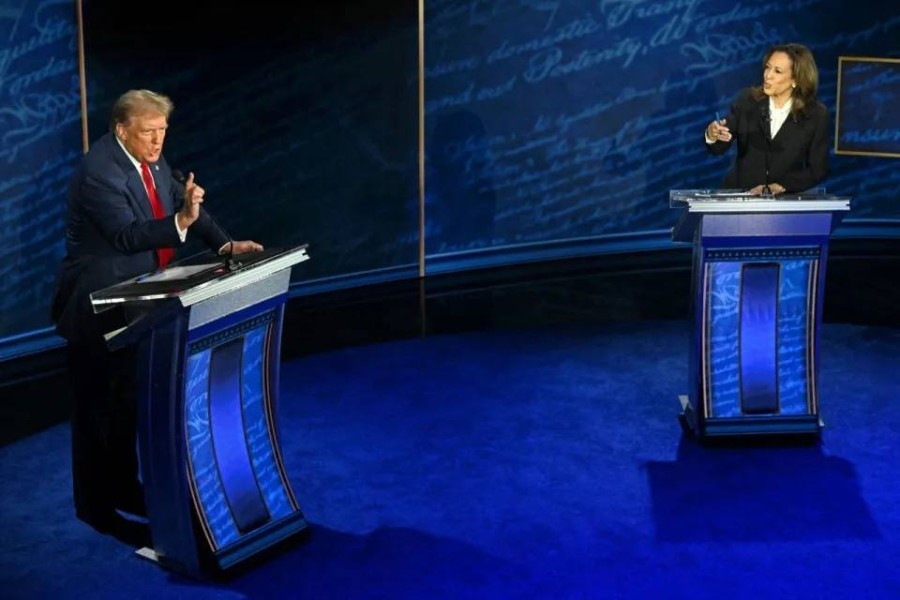The stock market gives this candidate a 70% chance to be the next U.S. president

Vice President Kamala Harris’s chance of winning the U.S. presidential election is lower than it was two weeks ago, according to a model that uses the stock market’s year-to-date performance to predict the incumbent political party’s likelihood of victory.
Nevertheless, that model still predicts that Harris, the Democratic presidential candidate, is likely to win the presidency on Tuesday — giving her a 70% probability of victory. The reason Harris’s likelihood of winning was lower on Nov. 1 than the 72% where it stood on Oct. 17, when I last wrote about this model, is that the Dow Jones Industrial Average DJIA has declined in the interim.
This stock-market prediction model is not complicated. It exploits the historical tendency for the incumbent political party’s chance of electoral victory to reflect the Dow’s year-to-date performance.
That said, my simple model does have a better track record than the majority of models Wall Street uses, many if not most of which have no statistical validity. The model makes theoretical sense: The stock market is forward-looking, so a rising market means that most investors are upbeat about the economy’s prospects in coming months. Numerous studies have found that people tend to vote their pocketbooks.
I got a lot of angry emails in response to my mid-October column, with many of you arguing that a Harris presidency would be disastrous for the economy. I myself have no idea. But I do know that, if those dire forecasts were correct, we would expect the stock market to plunge whenever Harris’s chances of winning go up. That hasn’t been the case, as I pointed out in a column earlier this week. The stock market on average has risen in the weeks since July in which the Harris contract at PredictIt.org rose.
Over the same time frame, furthermore, the stock market on average has declined in those weeks in which the Trump contract at PredictIt rose in price. This is consistent with the recent prediction from Trump ally Elon Musk that the stock market would crash if Trump wins the election.
The bottom line? No prediction model is foolproof, and this one based on the Dow’s year-to-date return is no exception. But its track record is good enough to deserve our attention.